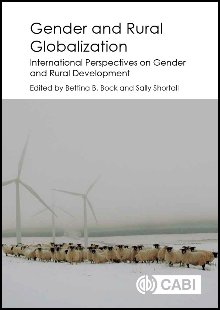Thomas S. Kuntzleman, Laura S. Davenport, Victoria Cothran, Jacob T. Kuntzleman, and Dean J. Campbell. “New Demonstrations and New Insights on the Mechanism of the Candy-Cola Soda Geyser.” Journal of Chemical Education, 94 no. 5, (February 23, 2017) 569-576
Abstract: When carbonated beverages (which are supersaturated solutions of aqueous carbon dioxide) are confined within a narrow-necked container, events which rapidly release the gas from solution produce a fountain out of the beverage. One well-known variant of this experiment is the addition of Mentos candies to a bottle of Diet Coke. Previous reports have shown that the presence of aspartame and benzoate in carbonated beverages enhance the fountaining effect. These additives are thought to enhance fountaining by lowering the surface tension of the beverage, but the details of this process are not completely understood. This paper explores the relationship between geyser height and the type of carbonated beverage. It is shown herein that several other compounds commonly found in commercial carbonated drinks such as sucrose, glucose, citric acid, and components of natural flavors also enhance geyser heights. By examining how these additives affect bubbling and foaming behavior in seltzer water, it is postulated that solutes which inhibit bubble coalescence contribute to higher fountains.


